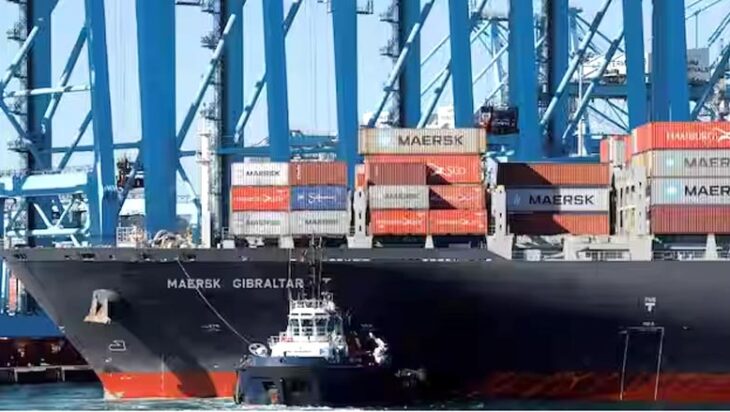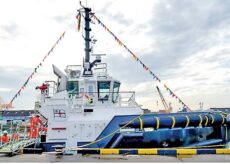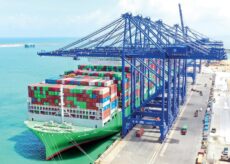Global Giant Maersk Issues Warning on Prolonged Red Sea Disruptions, Supply Chain Challenges

Maersk, a key player in the global shipping industry, has issued a cautionary note, indicating that disruptions to container shipping through the Red Sea may extend into the second half of the year.
The company highlights heavy congestion and delays for US bound goods as a result of shifting shipping routes away from the Red Sea and Suez Canal due to attacks by Houthi militants.
Maersk’s head of North America, Charles van der Steene, emphasised the need for businesses to anticipate extended challenges. “Be prepared for the Red Sea situation to last into the second half of the year and build longer transit times into your supply chain planning,” Reuters quoted him as saying.
In response to the ongoing disruptions, Maersk has increased vessel capacity by about 6% to counter delays resulting from the adoption of the longer route around Africa’s Cape of Good Hope.
This strategic move aims to mitigate the impact on global trade as major shipping companies adapt to the evolving dynamics of the Red Sea region.
Maersk, serving as a bellwether for global trade, has not only warned of potential prolonged disruptions but has also advised its customers, including retail giants Walmart and Nike, to brace for higher supply chain costs.
The company highlights the fact that longer sailing times have already led to increased freight rates, potentially altering cost structures for businesses relying on consistent budgeting.
Van der Steene noted, “Many customers factor a cost per unit into their budgeting, and if that fundamentally changes due to all of this volatility, it could have a big impact on overall costs.”
The extended route around Africa has not only affected transit times but has also resulted in substantial delays for vessels bound for the US East Coast.
Maersk recommends that businesses consider alternative ports in Mexico, the Pacific Northwest, and Los Angeles for goods destined for the East Coast.
The ripple effects of these disruptions are palpable, necessitating strategic adjustments in logistics planning.
Furthermore, Maersk notes heavy congestion in Oakland, California, causing additional delays for container vessels returning to Asia to pick up goods.
This bottleneck in the supply chain adds another layer of complexity, highlighting the need for businesses to explore alternative routes and ports to maintain operational efficiency.
(Source: Daily MIrror)



